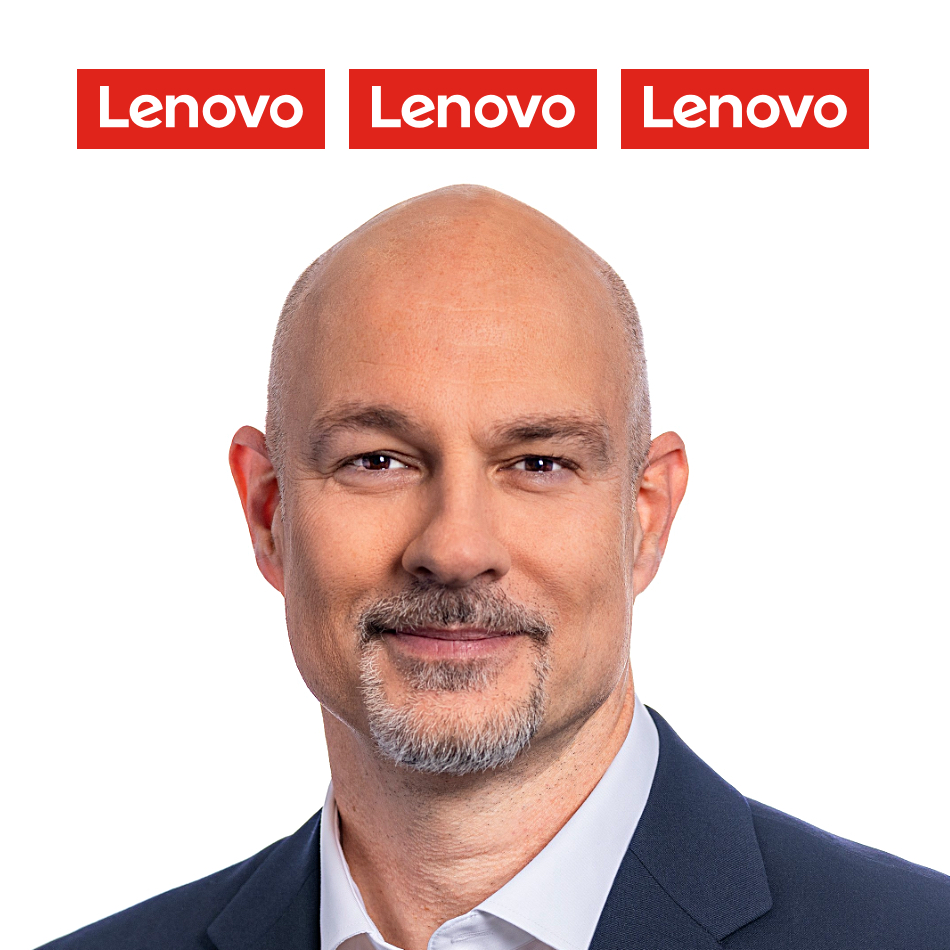Bussiness
Lenovo hires WD disk exec to head infrastructure business – Blocks and Files

Ashley Gorakhpurwalla has been hired away from running Western Digital’s disk drive operations to lead the Infrastructure Solutions Group (ISG) business at Lenovo.
At Lenovo, from November 11, he will succeed EVP and president Kirk Skaugen, who ran ISG for eight years, leaving in June. ISG is responsible for Lenovo’s server, storage, and networking products. Skaugen moved from an SVP and GM Client Computing Group position at Intel to join Lenovo.
In its Q1 2025 results, Lenovo’s ISG had record revenues of $3.2 billion as “storage, software, and services businesses all achieved hypergrowth, with the combined revenue increasing more than 50 percent year-on-year. High Performance Computing revenue hit a record high.” But ISG was not profitable and, in fact, made an operating loss in all four quarters of the year. A plan to return to profitability had been set up, but Skaugen is no longer in charge of it.

Gorakhpurwalla was WD’s EVP and GM of its hard disk drive (HDD) business, which has the top share in the HDD market. He is a servers and storage guy, having been president and GM for server and infrastructure systems at Dell from 2000 to 2019. Dell appointed ex-EMC exec Jeff Boudreau to run its Infrastructure Solutions Group business in an October 2020 reorganization. Gorakhpurwalla subsequently joined WD.
As for the to-be-split-off HDD business, the CEO of that operation was named as EVP Global Operations Irving Tan in March. Shades of déjà vu here as now, with a looming WD reorganization, he is joining Lenovo.
As ISG head at Lenovo, he will be tasked with returning ISG to profitability and helping Lenovo benefit from the AI boom.
Yuanqing Yang, chairman and CEO of Lenovo, stated: “Ashley joins Lenovo at a pivotal moment in our hybrid-AI journey, where the strength and depth of our portfolio, innovation, and ecosystem partnerships are improving the quality of life for individuals and delivering higher productivity for enterprises. With his diverse industry experience, strong engineering background, proven leadership, and success in scaling multibillion-dollar businesses, Ashley is well-positioned to drive profitable growth for the ISG business.”
Gorakhpurwalla said: “I’ve long admired Lenovo’s remarkable growth and leadership in the industry, so as someone deeply passionate about systems, I’m thrilled to return to an organization to work with enterprise customers to help transform their businesses. Leading Lenovo’s infrastructure business in this exciting era of AI presents a tremendous opportunity to build on the company’s strong foundations and accelerate future growth.”
We do not know the revenue split between ISG’s servers, storage, networking, and services, but understand that servers bring in the most revenue. The company’s expressed ISG goals in August are AI and server focused:

Lenovo OEMs NetApp systems for part of its storage portfolio, the ThinkSystem DG all-flash, DM hybrid, and DE SAN arrays. It says it has the number one revenue position in the IDC storage market price bands 1 ($500,000) and thus is not a leading player in the enterprise storage market. Our understanding is that Lenovo positions itself as the number two worldwide mainstream storage supplier, between number one Dell and number three NetApp, which implies it sells more NetApp storage than NetApp itself into the mainstream storage market. Lenovo roughly defines the mainstream storage market as being mid-tier and high-volume storage for general-purpose workloads. That implies IDC price bands 3 to 5 as we understand it.
Can Lenovo ever be a leading enterprise storage system supplier if it does not own and develop its own technology? We think not, but it could partner to broaden its storage software portfolio, and has done so with Cloudian. It is using that company’s HyperStore object storage on its ThinkSystem servers to provide AI data lake storage.








